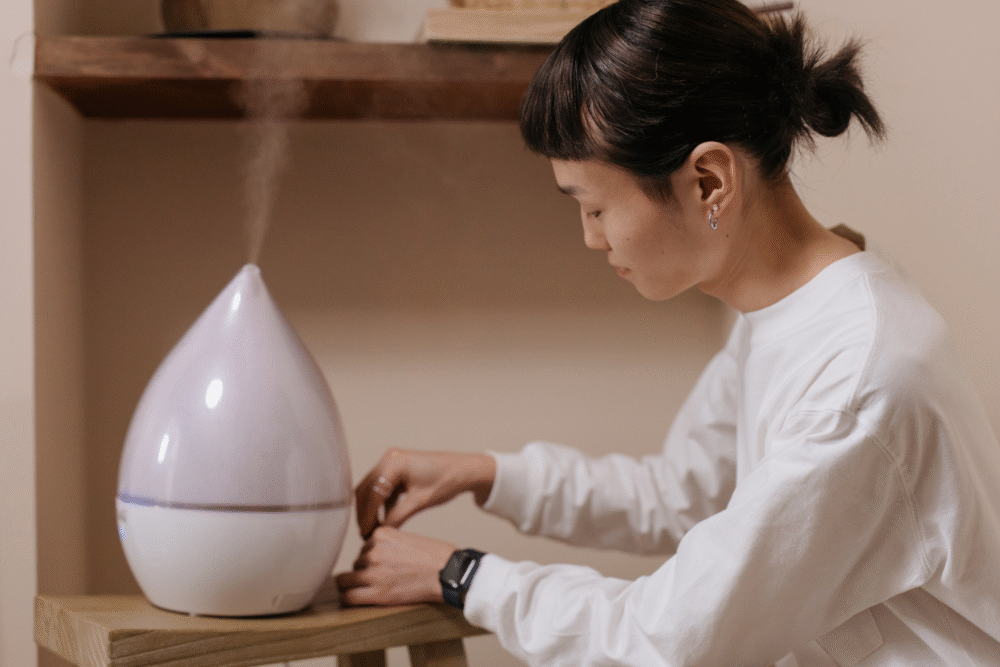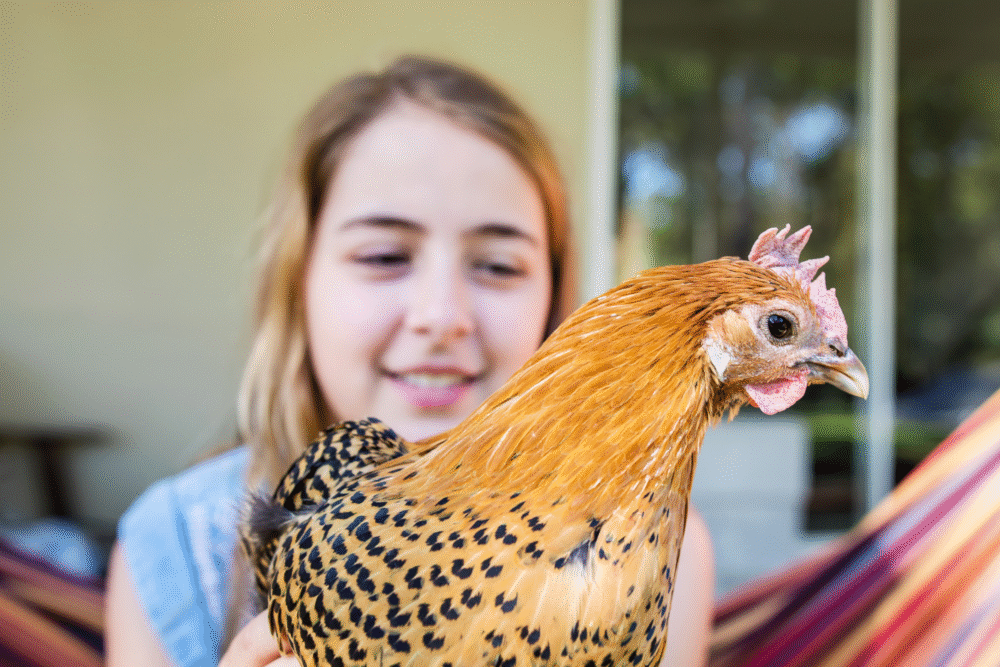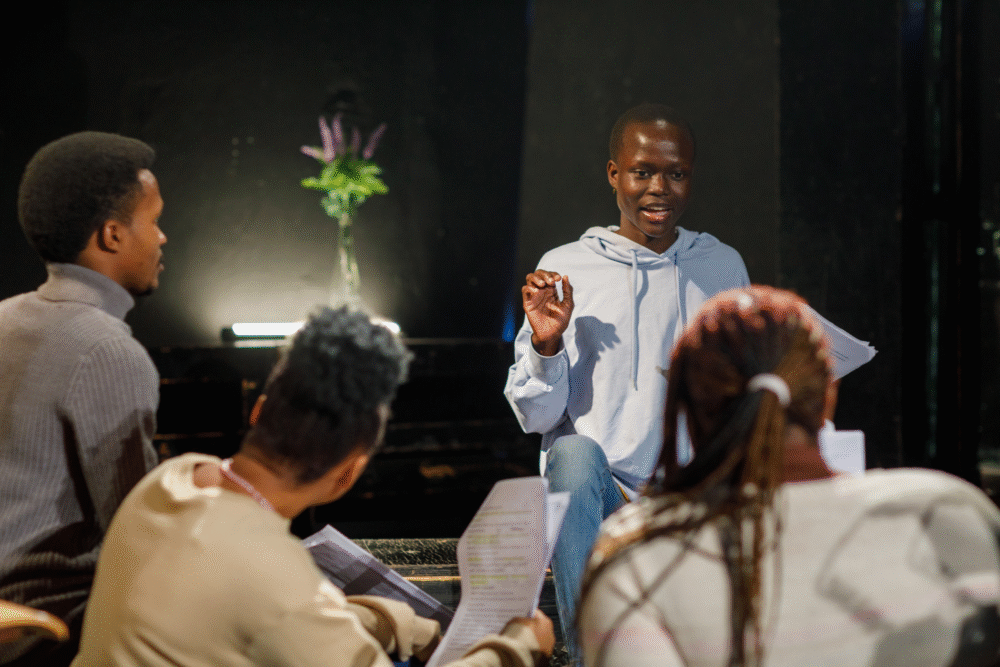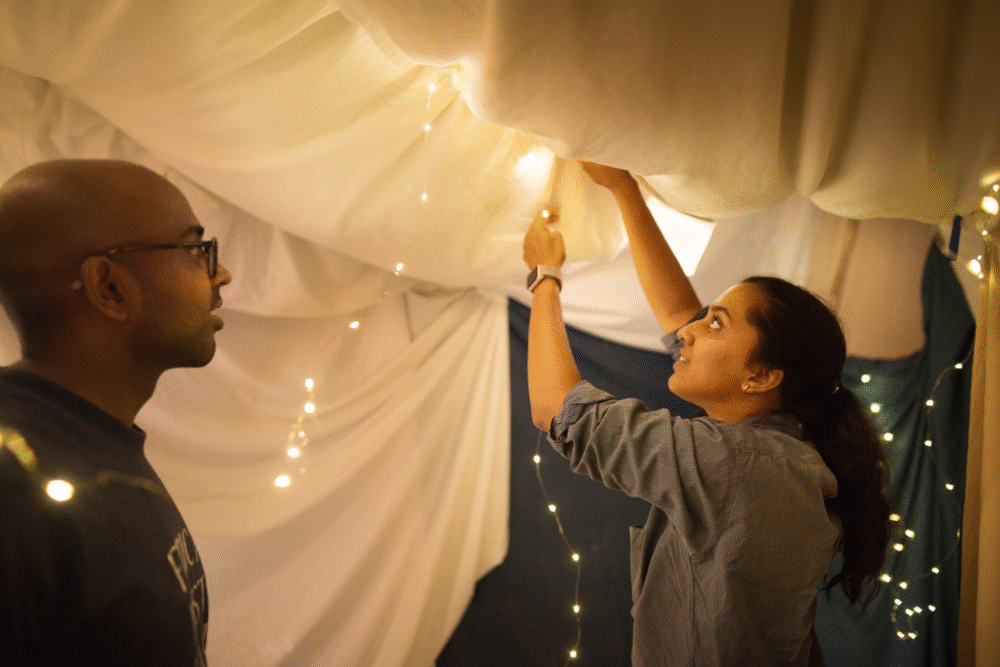When weird incentives work better than another boring team meeting.

Forget nap pods and ping-pong tables—some companies are skipping the clichés and trying perks that sound more like dares than HR policies. On paper, they seem completely out there. But in practice? These strange little extras are creating happier teams, faster output, and more loyal employees than your standard pizza Friday ever could. The wild part isn’t just that these perks exist—it’s that they’re working. And in environments where burnout is high and attention spans are short, “weird but works” is a welcome change.
It turns out that getting creative with motivation doesn’t just boost morale—it taps into something deeper. These quirky offerings tend to feel more personal, more human, and way more fun than traditional corporate benefits. People aren’t just showing up for the paycheck; they’re staying engaged because something about their workplace feels playful, supportive, or just plain unexpected. These ten bizarre workplace perks might sound like a joke—but they’re actually helping teams get more done and enjoy the ride along the way.
1. Paid puppy playtime lowers stress and sparks collaboration.

At one mid-sized tech firm, employees can sign up for 20-minute playdates with rescue puppies in the break room twice a week. It sounds ridiculous until you see how fast everyone’s mood lifts. People who barely made eye contact during meetings are suddenly giggling on the floor, tossing chew toys and bonding like childhood friends.
Beyond the joy factor, it actually improves productivity. Short, joyful breaks help reset the nervous system and spark oxytocin—the “trust hormone.” Colleagues return to their desks more focused and less edgy. And the shared experience builds emotional connection, which translates to smoother collaboration, according to Kira Schabram at Harvard Business Review. It’s not just fluff—it’s chemistry.
2. A costume closet inspires creativity on deadline days.

At a quirky advertising agency, there’s a full closet of costumes—pirate hats, capes, inflatable dinosaur suits—that employees are encouraged to wear during crunch time. The rule is simple: dress up, and no one’s allowed to question it. The silliness serves as a creative pressure valve when deadlines loom, as reported by Ruth Umoh at CNBC.
What starts as a joke quickly transforms the mood. People work faster when they’re laughing. And the visual absurdity of a room full of serious adults dressed like clowns seems to short-circuit overthinking. It signals that risk-taking and weirdness are welcome, which unlocks bolder ideas. That’s gold for any business in need of innovation under pressure.
3. Desk-side aromatherapy boosts focus and lowers tension.

One consulting firm offers a “scent menu” every Monday morning. Employees choose between essential oil blends—peppermint for energy, lavender for calm, citrus for clarity—and have a small diffuser set up by their workstation for the week. It sounds a little spa-like, but the results are surprisingly concrete.
Scents are deeply connected to mood and memory. By giving employees a way to influence their environment through smell, the company allows them to regulate their mental state without leaving their desks, as stated by the experts at Cleveland Clinic. It’s simple, it’s personal, and it doesn’t cost much. But it creates a sense of calm control that keeps stress levels in check during chaotic weeks.
4. Ten-minute silent disco breaks recharge the brain.

In a quiet corner of a publishing house, employees can check out wireless headphones and dance like no one’s watching—because no one hears the music but them. It’s a “silent disco” break, and it lasts exactly ten minutes. There’s no talking, no judgment, just movement and music.
It might look absurd, but these breaks dramatically boost afternoon energy. Moving your body and immersing in music—without the social pressure of a full group dance break—shakes off mental fatigue fast. People return to their desks a little sweatier, but a lot more awake. And the shared weirdness builds camaraderie, too.
5. Reverse mentoring pairs junior staff with execs—for advice.

At one creative agency, interns and entry-level employees are assigned a C-suite “mentee” during their first three months. But instead of receiving guidance, they’re expected to give it. The goal? Keep leadership grounded, challenge assumptions, and inject fresh thinking into high-level decisions.
It’s weird at first—imagine telling your CEO their idea is dated—but it fosters trust across the org chart and gives junior staff an immediate sense of purpose. The ripple effect is stronger engagement at every level. And when people feel like their voice matters, they work harder to prove it’s worth hearing.
6. Office chickens bring calm and surprising insights.

On the rooftop of a design firm in Portland, there’s a chicken coop. Employees can sign up to feed the hens, collect eggs, or just hang out with them. It’s peaceful, quirky, and oddly grounding. Watching chickens peck around forces people to slow down and reconnect with something real.
The chickens aren’t just therapy birds—they spark conversations that wouldn’t happen in a traditional setting. While collecting eggs, coworkers end up chatting about ideas or venting about blockers. It’s casual, communal, and surprisingly generative. Plus, there’s something about animal care that reminds everyone to care for each other.
7. Absurd email signatures lighten the load.

At a small marketing firm, employees are encouraged to use rotating “absurd” email sign-offs once a week—like “Yours in eternal spreadsheet glory” or “With moderate enthusiasm and strong WiFi.” It’s a small, goofy touch, but it turns tedious communication into a shared inside joke.
Instead of feeling robotic, emails become tiny doses of humor throughout the day. And when tension is high or deadlines are tight, those moments of levity make a difference. It also gives everyone permission to bring a bit of their personality into the workday, which builds emotional safety—and better teams.
8. Free improv classes teach fast thinking and empathy.

Once a month, employees at a software startup attend an optional improv workshop led by local performers. No scripts, no prep—just absurd prompts and quick reactions. It’s not about performance. It’s about learning how to think on your feet, listen more closely, and adapt fast without panicking.
These skills translate beautifully into meetings, client calls, and brainstorming sessions. People stop fearing mistakes. They start trusting their instincts. And maybe most importantly, they learn to really hear each other instead of just waiting to speak. It’s a weird perk that builds serious emotional intelligence—and confidence.
9. Power-napping in blanket forts is fully encouraged.

In one engineering office, there’s an official nap zone. But instead of sleek sleep pods, it’s stocked with big pillows, old blankets, and enough supplies to build an epic blanket fort. Employees are welcome to crawl in, nap, or just unplug for 20 minutes between meetings.
It feels like childhood—and that’s the point. The nostalgia calms the nervous system. The quiet, dim environment resets the brain without shame. And because it’s playful, people actually use it. No one rolls their eyes at it anymore, because the results speak for themselves: fewer crashes, better focus, and happier people.
10. Mandatory “unproductivity hours” spark unexpected brilliance.

At a boutique branding firm, every Friday afternoon includes two hours of mandated unproductivity. No deliverables, no email, no meetings. Employees can draw, read weird books, invent board games—whatever. The only rule is: do something that isn’t work.
What sounds like wasted time turns out to be wildly productive. People use the space to reset creatively, experiment with ideas they’d never risk during billable hours, or collaborate in surprising ways. Often, the best campaign ideas come out of these unstructured pockets. It’s a weird, wonderful reminder that brains work best when you let them wander.
